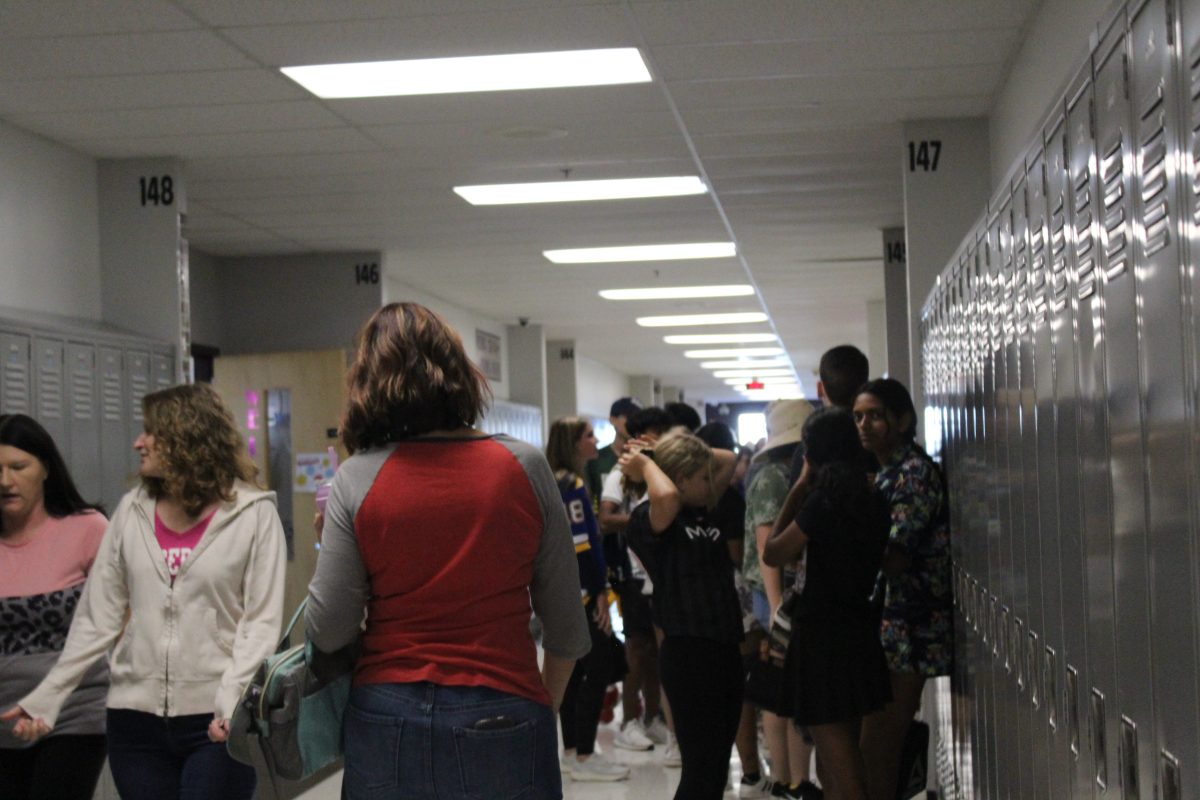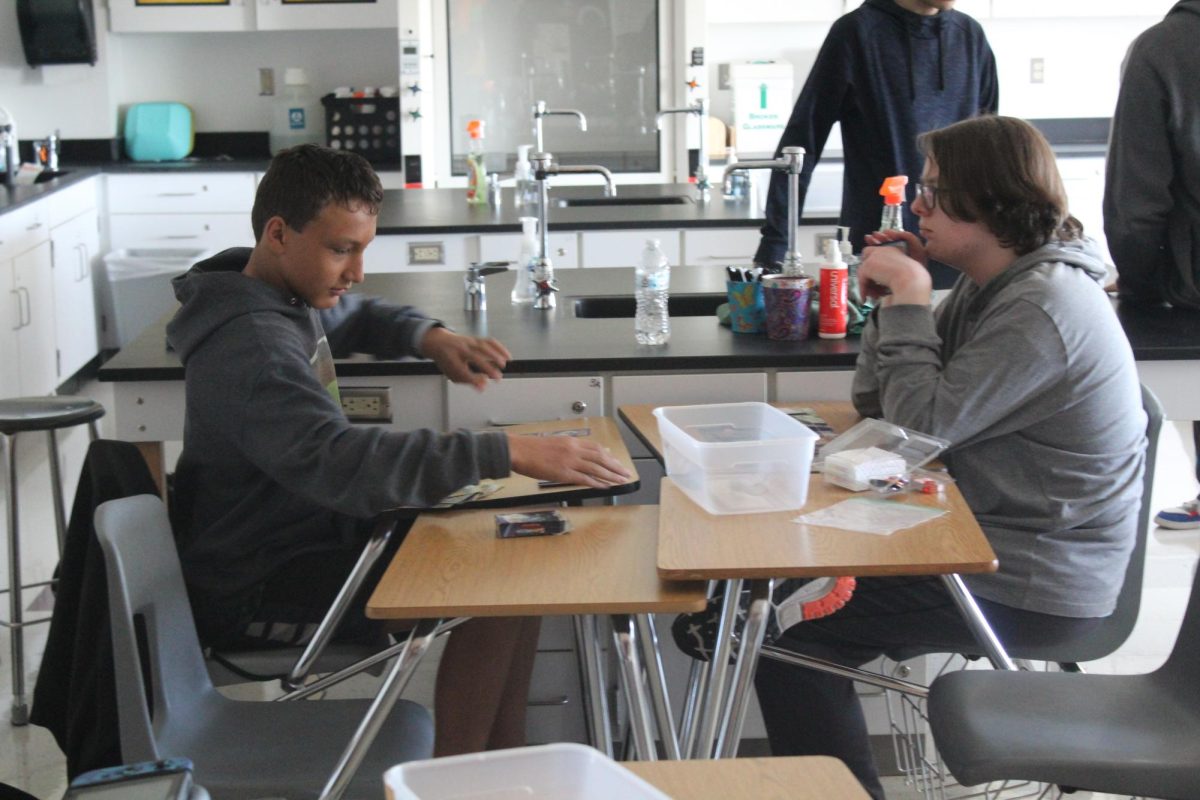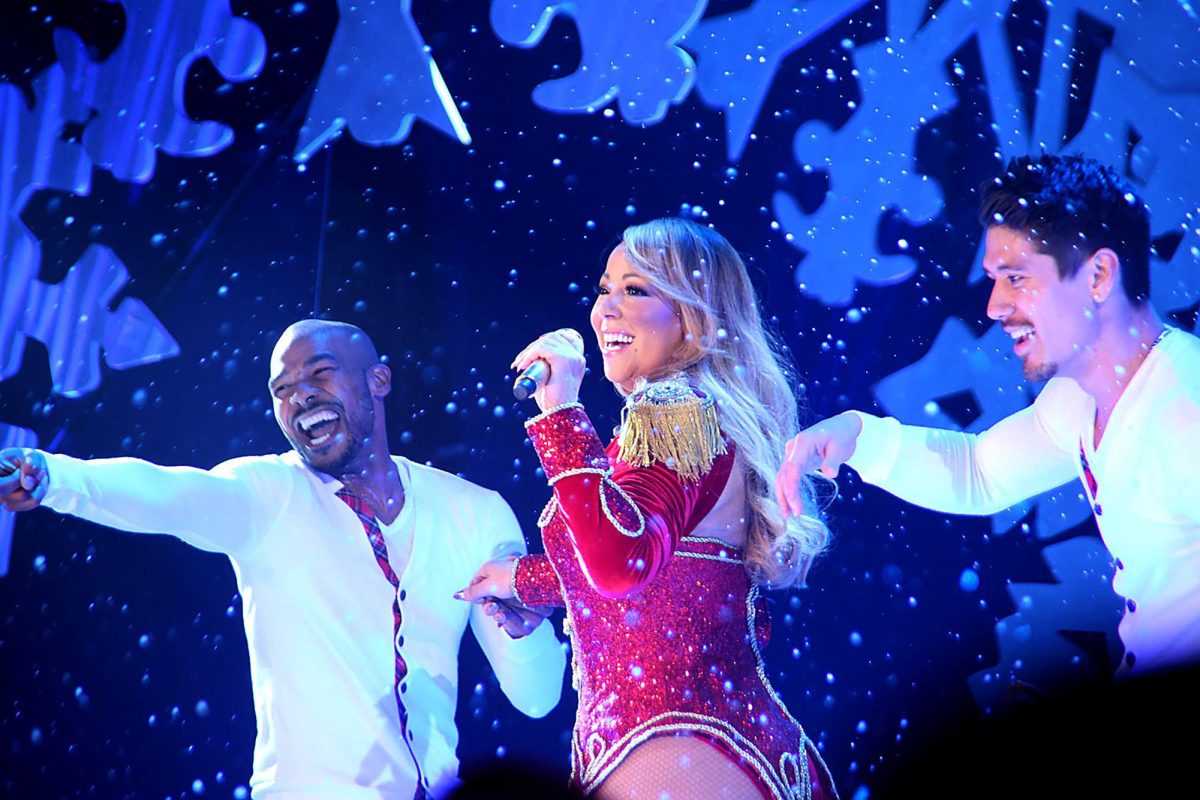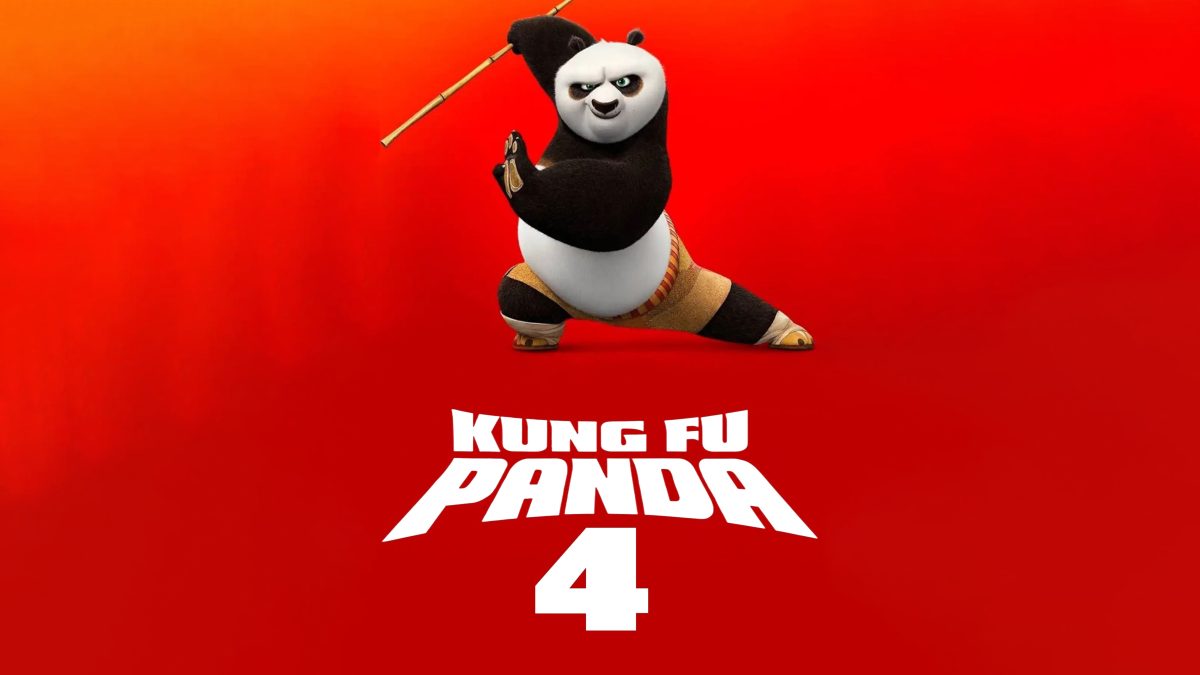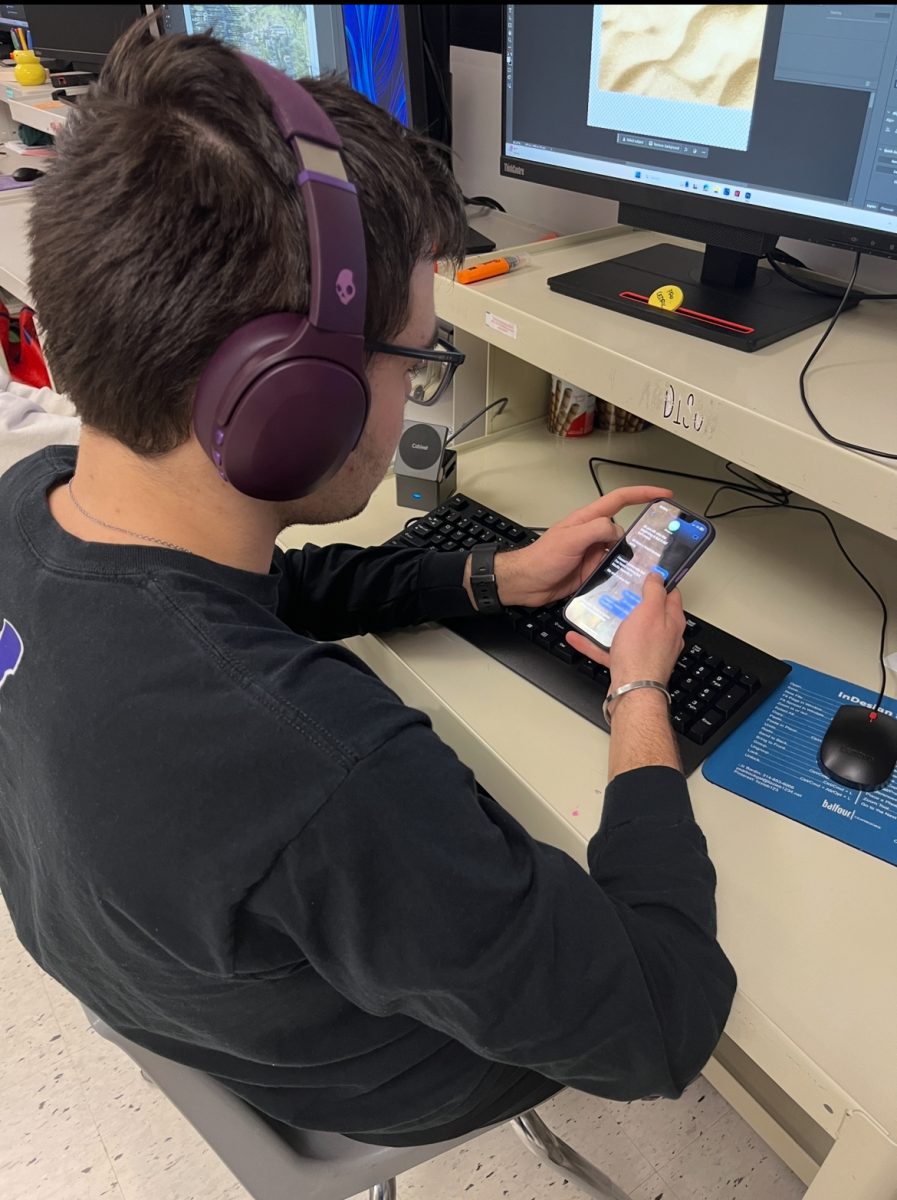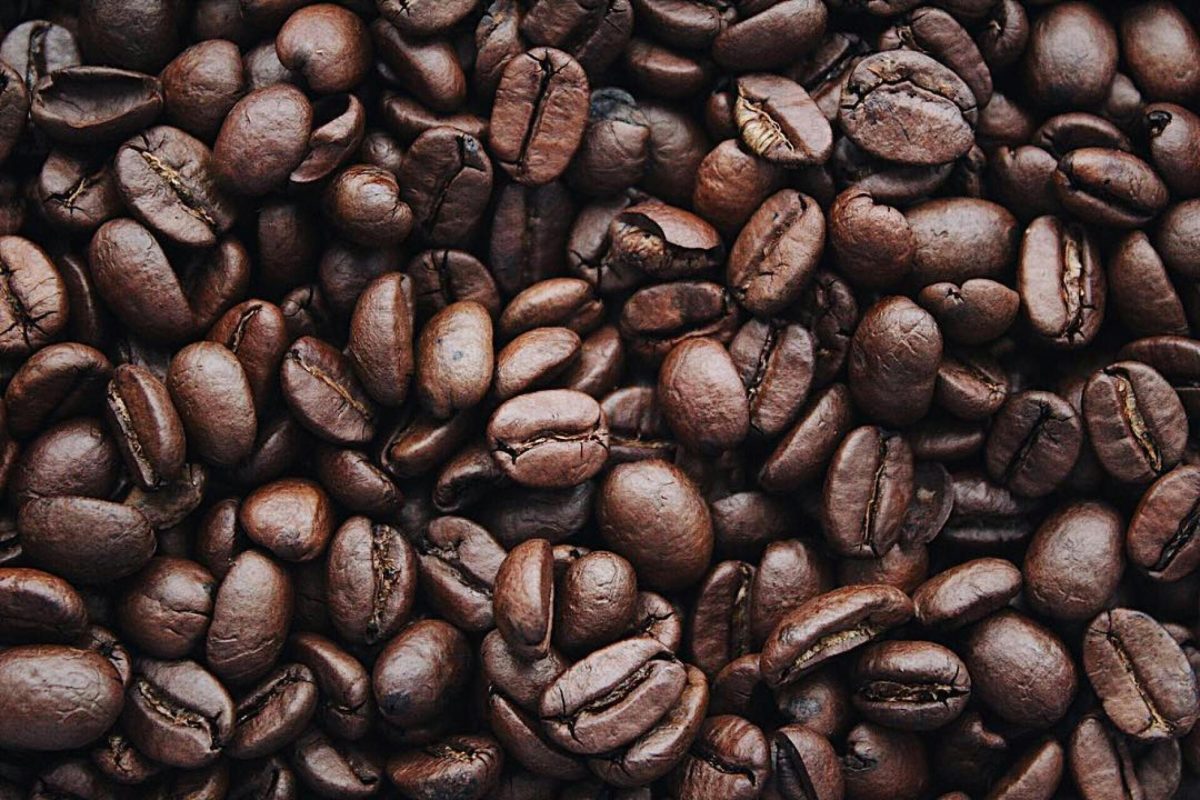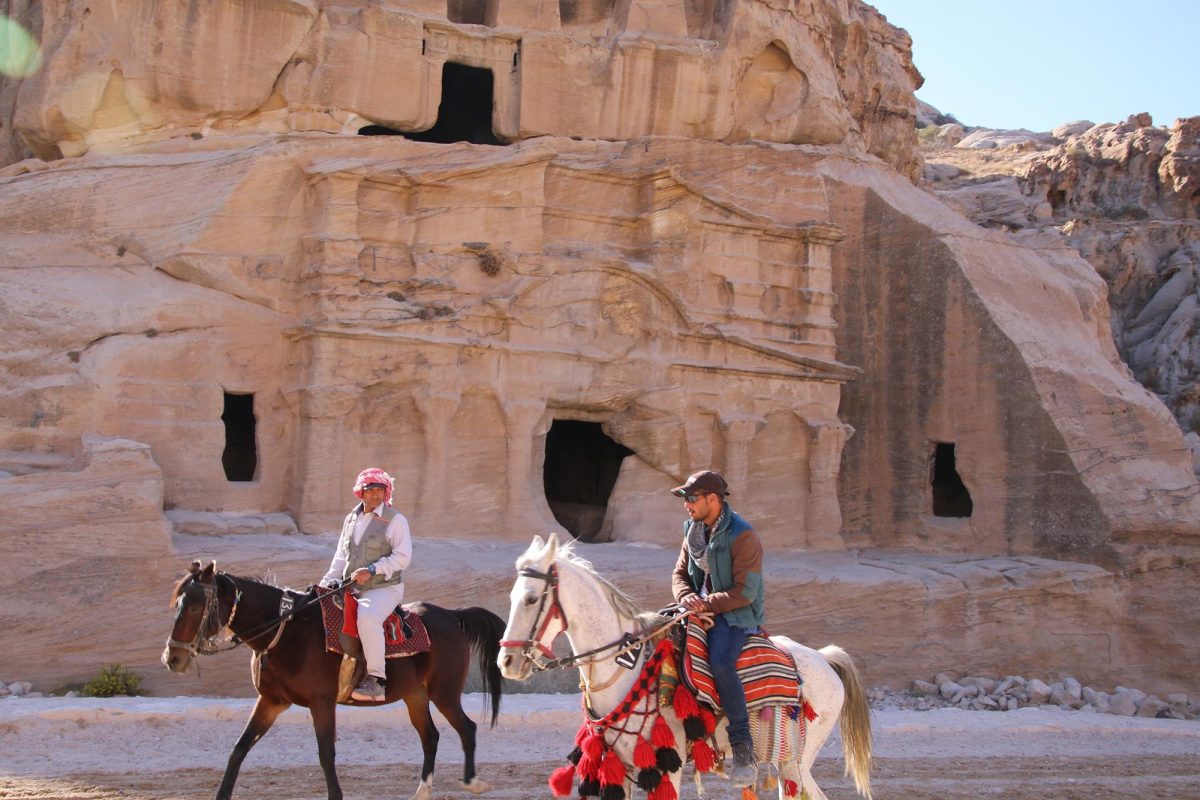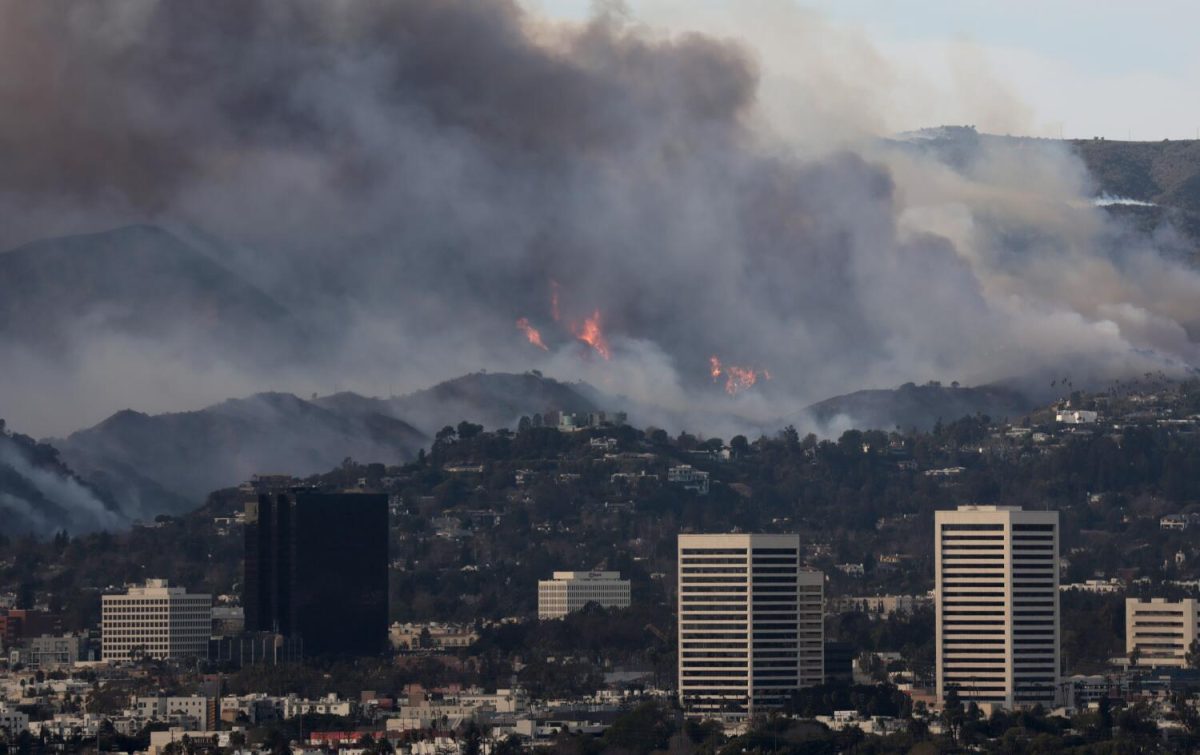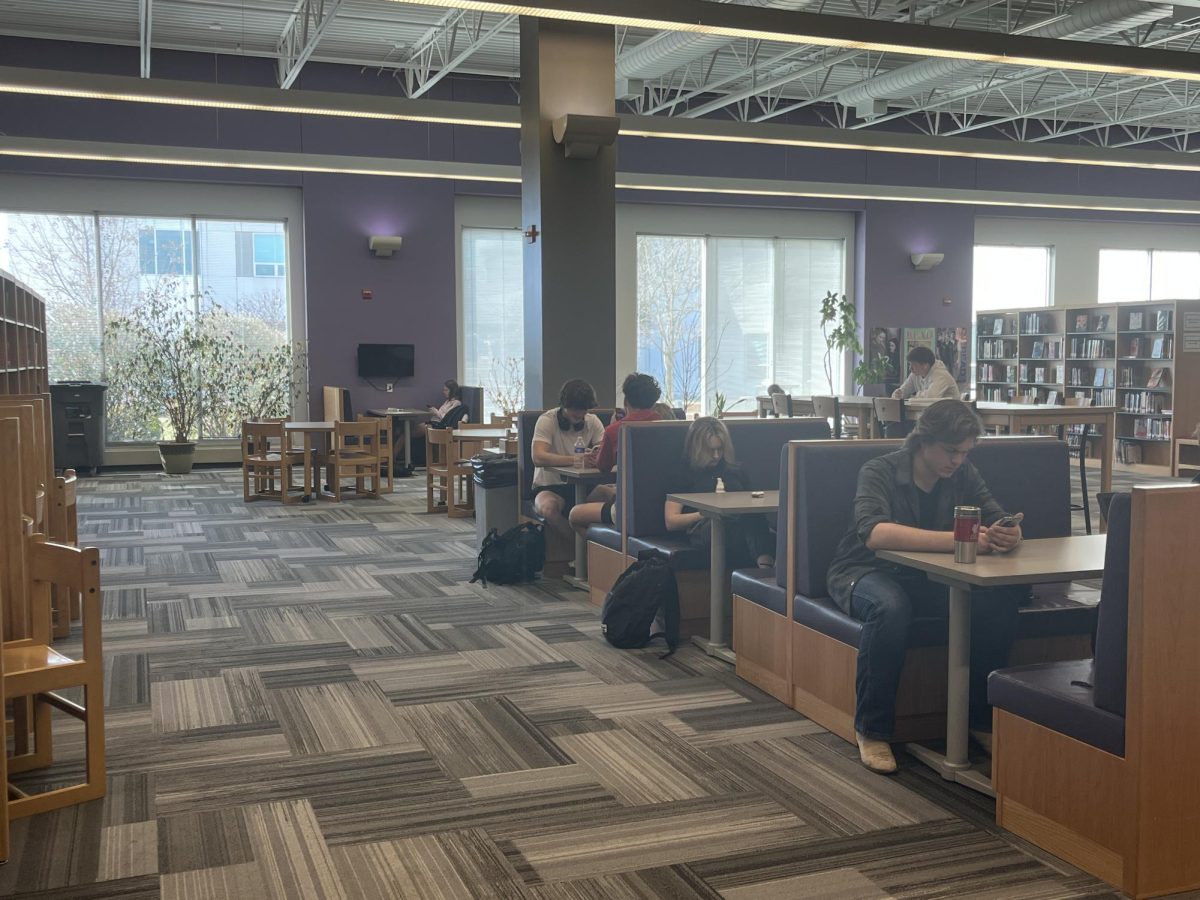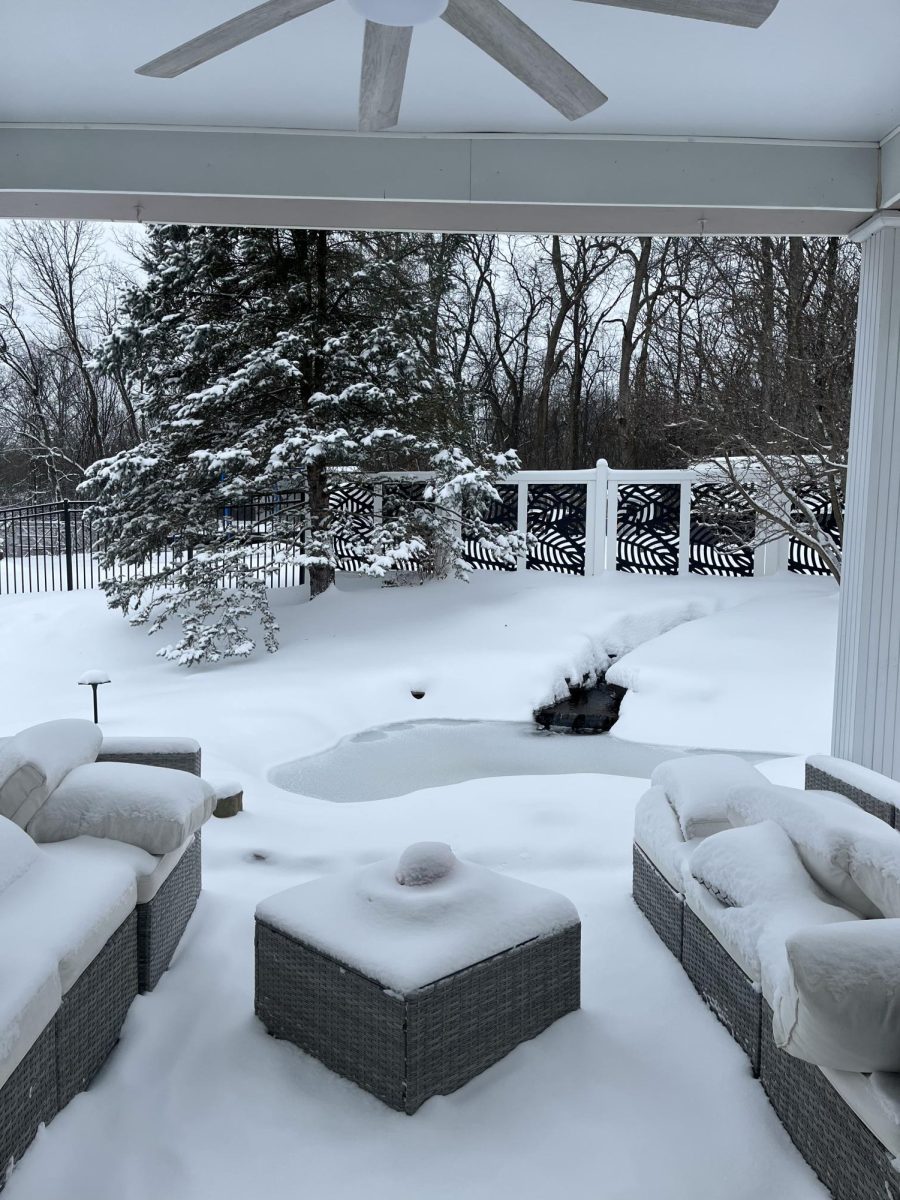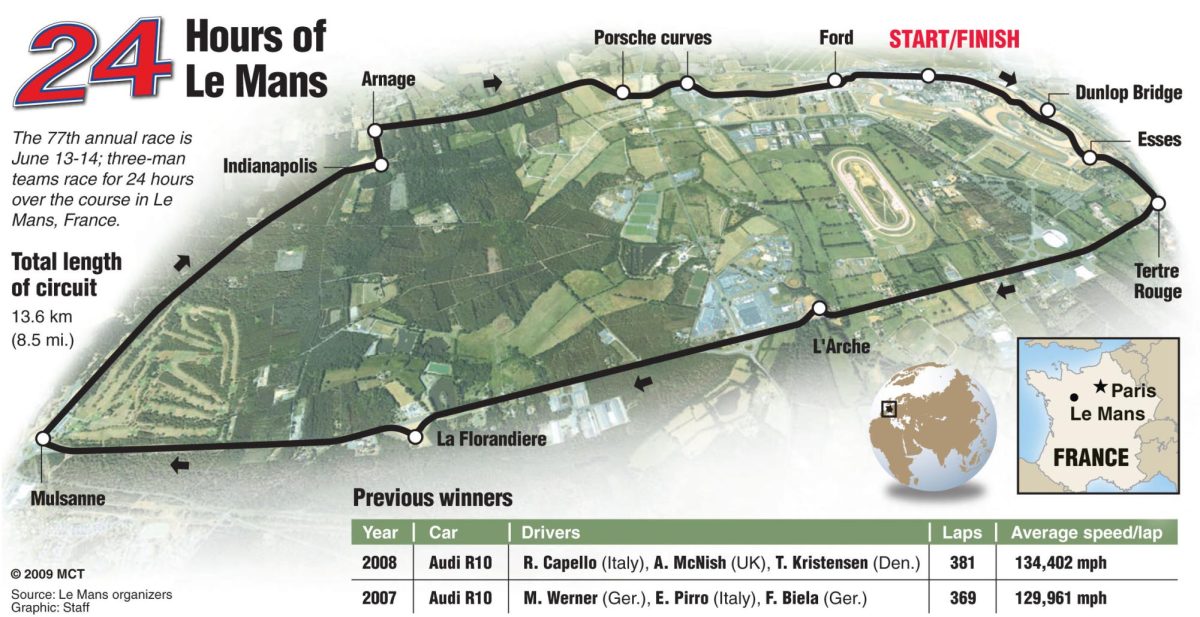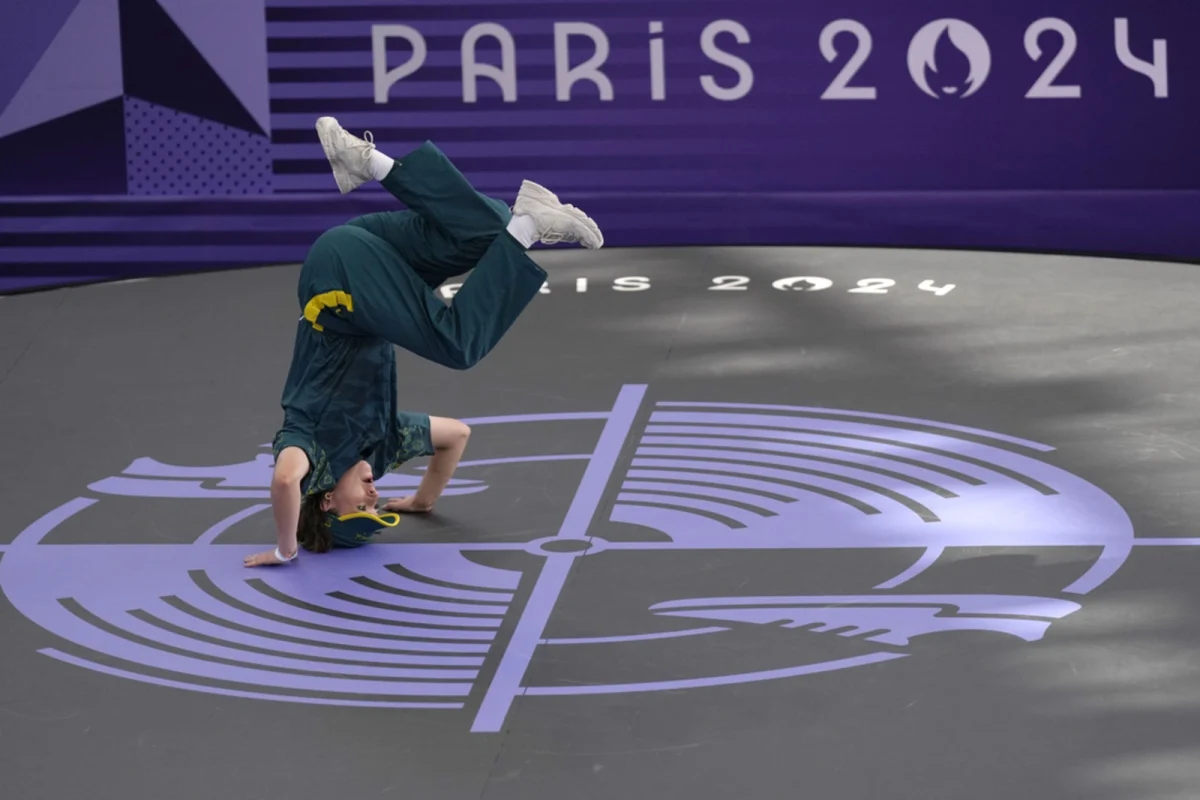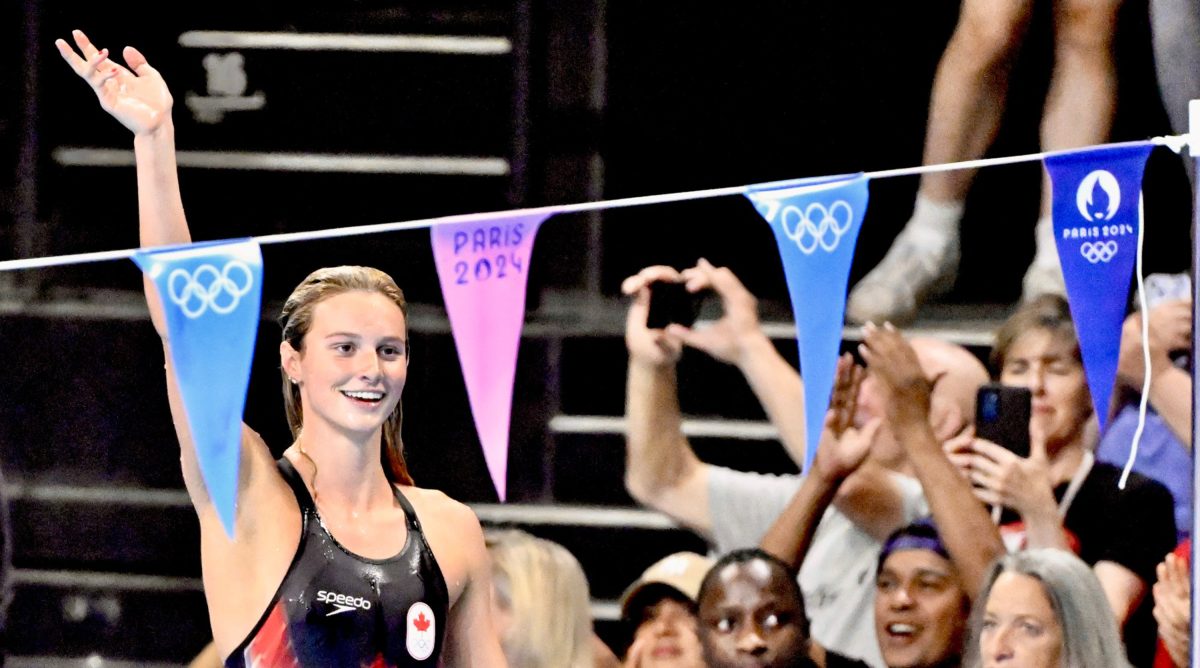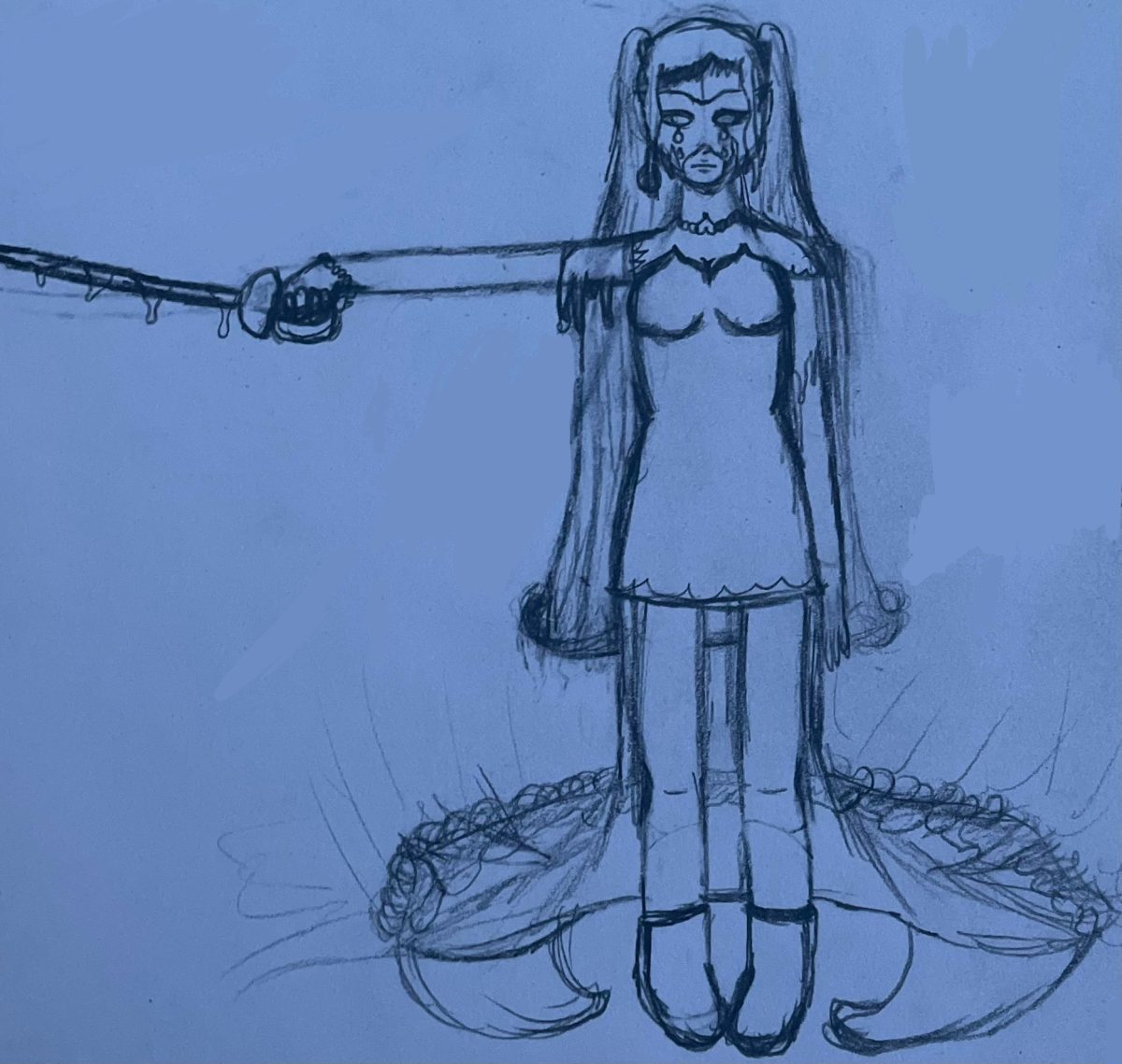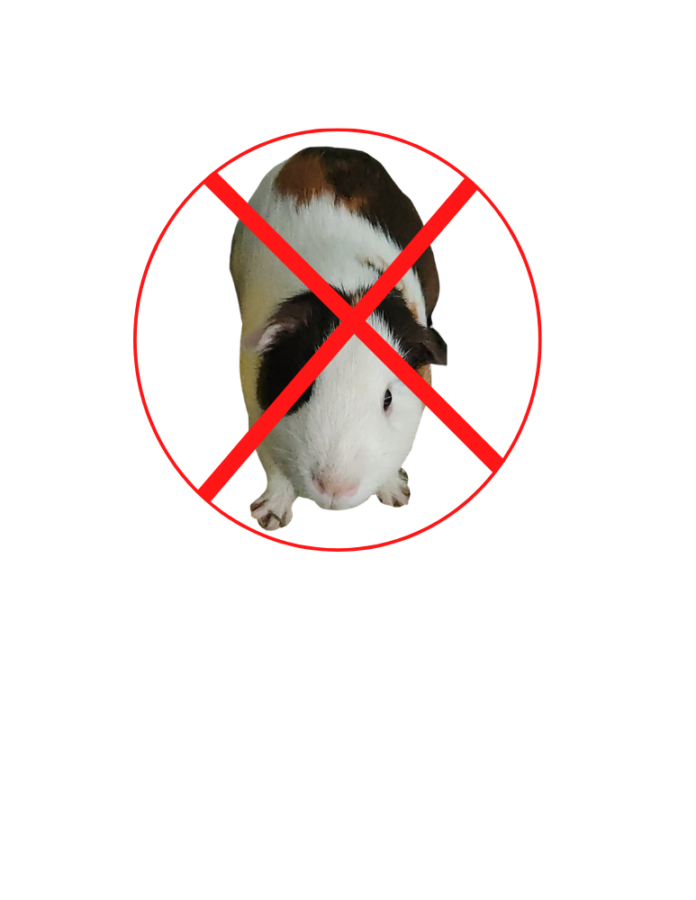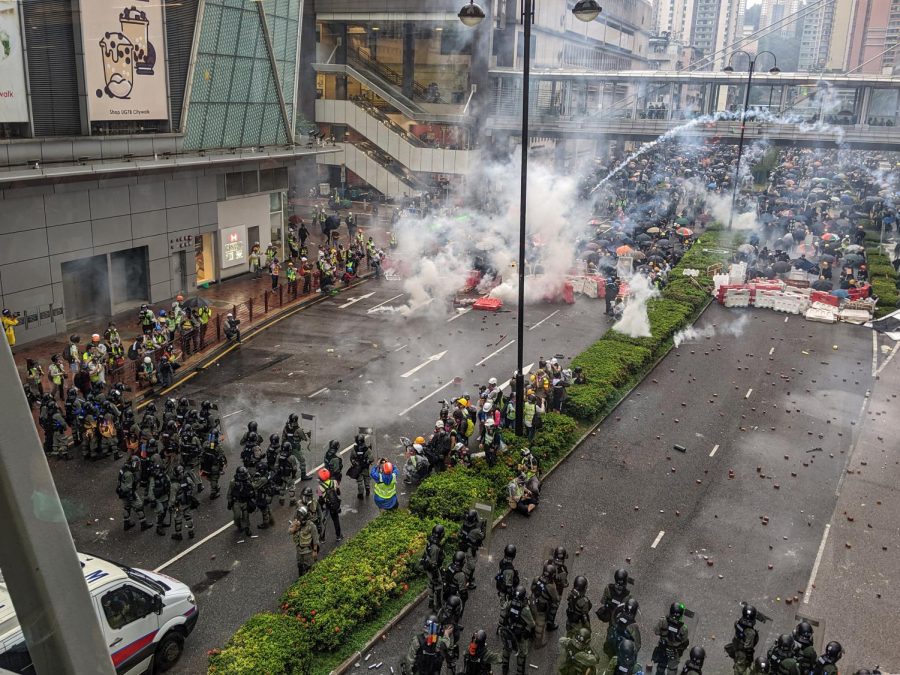Refusing To Back Down
The escalation of the riots in Hong Kong
Millions of people press up against each other in the streets of Hong Kong, dressed in all black and forming barricades with make-shift weapons in the middle of intersections.
“The protests have left thousands injured, caused significant material and economic damage, and resulted in the arrest of about 700 people during a siege at one campus,” according to nytimes.com. “It has also rattled international confidence in Hong Kong’s unique financial and political status since Britain returned sovereignty to the mainland in 1997.”
The unrest in Hong Kong between its citizens and the government started in June with the introduction of an extradition bill. The bill would give Hong Kong’s government the right to extradite criminal defendants to mainland China, according to nytimes.com.
Hong Kong has had more protected rights and freedom to govern than any other place in mainland China, but they have accused China on multiple occasions of meddling in their affairs.
China has allegedly orchestrated the disappearance of people that later happen to reappear on the mainland. Not only were journalists feeling the pressure to censor themselves, but also citizens felt like they were losing their say in the government and on democracy as a whole, according to bbc.com.
Some activists called for the removal of Hong Kong entirely from China, which has caused upset from Beijing, according to bbc.com, with the sentiment that if the bill were to be passed, then Hong Kong would be relinquishing more control over to mainland China.
“While most people in Hong Kong are ethnic Chinese, and although Hong Kong is part of China, a majority of people there don’t identify as Chinese,” according to bbc.com. “Surveys from the University of Hong Kong show that most people identify themselves as Hong Kongers – only 11 percent would call themselves Chinese – and 71 percent of people say they do not feel proud about being Chinese citizens.”
The bill has since then been dismissed, according to bbc.com, but the momentum behind the movement was far from over, with protestors just beginning to realize their potential influence. Activists set new demands with the objective to expand Hong Kong’s democratic reform and have a larger inquiry into the police’s treatment of protestors.
A man was shot and set on fire after a confrontation between the police and protesters and he was left in the hospital in critical condition, however, he was not the only one to be taken to the hospital. Protestors blocked off a bridge as well as quarantined themselves inside a college campus. Schools were halted to try to prevent more violence and open up negotiations, but protestors shot down any offer. Police were firing round after round of tear gas into the mass of protesters.
“[The activists] desperate measures underline [their] deep suspicion of Hong Kong police, whom they accuse of brutality, including sexual assault,” according to theguardian.com. “The police have urged protesters to give themselves up and assured the public they are seeking a peaceful resolution. If arrested, protesters face rioting, among other charges, which could mean 10 years in prison.”
The rioters threw bricks and petrol bombs over their barricade from the police which resulted in an empty car being engulfed by flames, according to cnn.com. Protesters shielded themselves with umbrellas as police basted water cannons above their heads. The chaos caused by the protests and the government’s response means that a quick and peaceful resolution might not be in the near future for Hong Kong.

